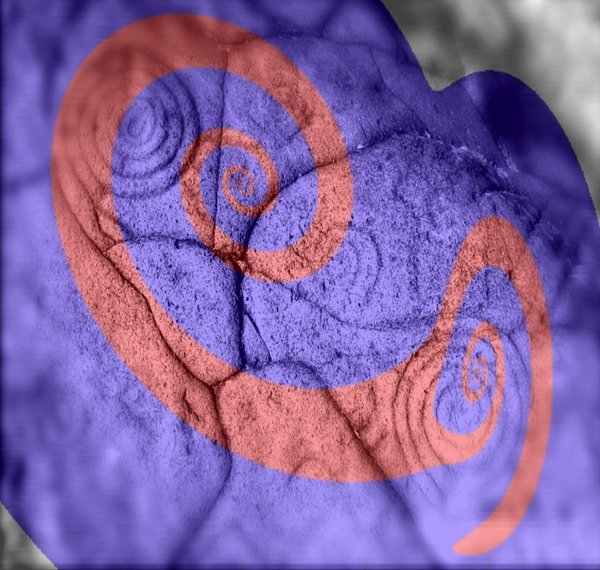Ulrike Feudel
(Carl von Ossietzky University, Oldenburg, Germany)
Alexander Pisarchik
(Technical University of Madrid, Spain)
Kenneth Showalter
(West Virginia University, Morgantown, USA)

Multistability means the coexistence of several stable final states (attractors) for a given set of parameters. Multistability has been found in almost all areas of science, including electronics, optics, mechanics, laser physics, chemistry, genetics, neuroscience, climate and ecology. Regions of coexistence of many stable states are critical, because small noise or any other external perturbation may switch the system from one state to any other, adding a new feature to the dynamical behavior. The critical transitions at the boundaries of multistable regions are discussed in many fields of science, but are called regime shifts in ecology or tipping points in earth system science. A great challenge is the prediction of such transitions and the identification of precursors or early warning signs. Additionally, one can also take advantage of multistability by applying control techniques, which allow for a defined switching between different states, i.e. different system performances. The conference will discuss methodological approaches to model, analyze and predict multistability and tries to bridge several disciplines.
Ravindra Amritkar (IN)
Peter Ashwin (GB)
Ernest Barreto (US)
Syamal K. Dana (IN)
Michael Ghil (FR)
Celso Grebogi (GB)
Alan Hastings (US)
Kunihiko Kaneko (JP)
Tomasz Kapitaniak (PL)
Katharina Krischer (DE)
Christian Kuehn (AT)
Jürgen Kurths (DE)
Ying-Cheng Lai (US)
Klaus Lehnertz (DE)
Timothy Lenton (GB)
Valerio Lucarini (DE)
Cristina Masoller (ES)
Ehud Meron (IL)
Arkady Pikovsky (DE)
Rajarshi Roy (US)
Eckehard Schöll (DE)
Paul So (US)
Tamás Tél (HU)
Egbert van Nes (NL)
Evgeny Volkov (RU)
James A. Yorke (US)
SUPPORTED BY

